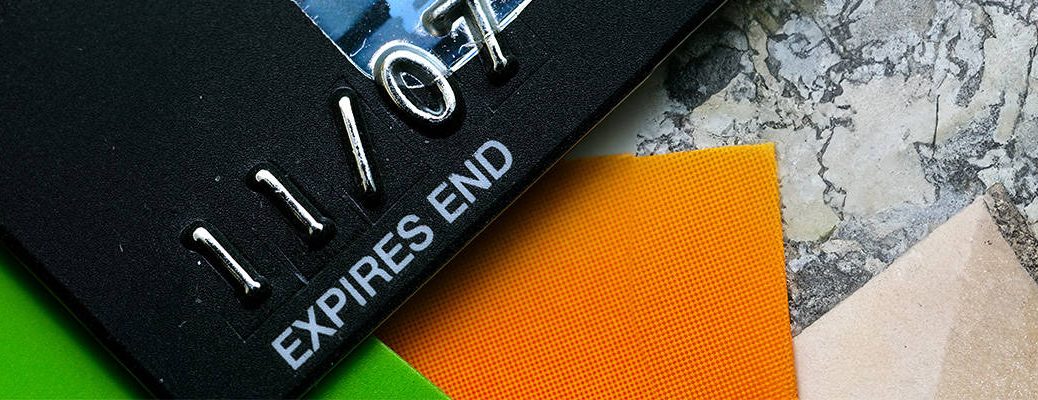Summary: When applying for a loan against property, a critical decision that you need to make is selecting the tenure. This decision influences not just your monthly EMIs but also the overall cost of borrowing. Contrary to popular belief, opting for the maximum tenure offered by your lender may not always be the best choice for you. To ensure a smooth repayment journey, it is important to take certain factors into account while determining the loan tenure.
According to recent statistics, the loan against property market in India has experienced substantial growth. It is forecast to grow at a CAGR of over 14% in value terms, to reach a whopping US $ 857.87 billion by 2026. This convenient means of arranging funds, by leveraging the value of your property, owes its popularity to benefits like lower interest rates, and disbursal of a large loan amount with a longer repayment tenure.
A question that needs to be addressed is ‘What should be the ideal tenure for your loan against property?’. While conventional wisdom dictates opting for the maximum tenure, your choice of tenure must be based on a careful assessment of several factors.
How to Choose the Ideal Tenure for Your Loan Against Property
A careful examination of the following factors will help you choose the ideal tenure of your loan against property.
1. Income
Evaluate your monthly income and other sources of cash flow. Opt for a shorter tenure if you have a substantial income as you can afford higher EMIs. If you already have previous loans, choose an extended tenure for more affordable EMIs. It is prudent to maintain a debt-to-income ratio of 21% to 35%. Your debt-to-income ratio measures your ability to repay your debts and helps the lender determine your borrowing risk. In short, it is essential to assess your financial capabilities and choose a tenure that aligns with your income and repayment capacity.
2. Age
If you are younger, you may wish to choose the maximum tenure offered, as you have more years ahead to repay the loan. However, if you are closer to retirement, it is advisable to choose a shorter tenure that allows you to become debt-free before retiring. Remember that lenders will also consider your age while evaluating your eligibility for a loan against property.
3. EMI and Interest Rate
The equated monthly installments (EMIs) and loan against property interest rates are integral components of any loan. A longer tenure typically results in lower EMIs but higher interest payments over time. Conversely, a shorter tenure may lead to higher EMIs but reduced interest payout. Use a loan against property EMI calculator to help you make an informed decision. Put in a combination of various tenure options with the proposed loan amount to calculate the interest. This will guide you towards striking the right balance between EMIs and interest payments.
4. Loan amount
The loan amount you borrow is another crucial factor to consider when deciding on the tenure of your loan against property. Higher loan amounts may warrant longer tenures that can help you repay the loan comfortably in smaller EMIs. Conversely, lower loan amounts might be
comfortably repaid within a shorter tenure. Evaluate the loan amount in relation to your financial situation to determine the most appropriate tenure.It is imperative to analyze your finances carefully and choose a tenure that aligns with your repayment capacity. Failure to make timely EMI payments may lead to a fall in your credit score and thus jeopardize your chances of acquiring a loan in the future. Additionally, you may risk losing ownership of the mortgaged property. You can also extend the tenure of your loan against property or repay it before time. However, this may lead to additional charges depending on the type of loan against property interest rate opted for i.e. fixed or floating rate.
Why Choose IndusInd Bank’s Loan Against Property?
IndusInd Bank provides tailored loan against property solutions designed to help you unlock the hidden value of your property. This versatile loan can be utilised for various personal or business needs. The key benefits of opting for a loan against property at IndusInd Bank include:
- Hassle-free application process, with quick disbursal time
- Access to a higher loan amount
- Long and flexible repayment tenure of up to 20 years
- Availability of doorstep banking assistance
- Simple eligibility criteria
- Overdraft facility
Apply for a loan against property with IndusInd Bank, and benefit from favourable terms that will contribute to cost-effective borrowing.


 Offers
Offers Rates
Rates Debit Card Related
Debit Card Related Credit Card Related
Credit Card Related Manage Mandate(s)
Manage Mandate(s) Get Mini Statement
Get Mini Statement
 categories
categories Bloggers
Bloggers Blog collection
Blog collection Press Release
Press Release




